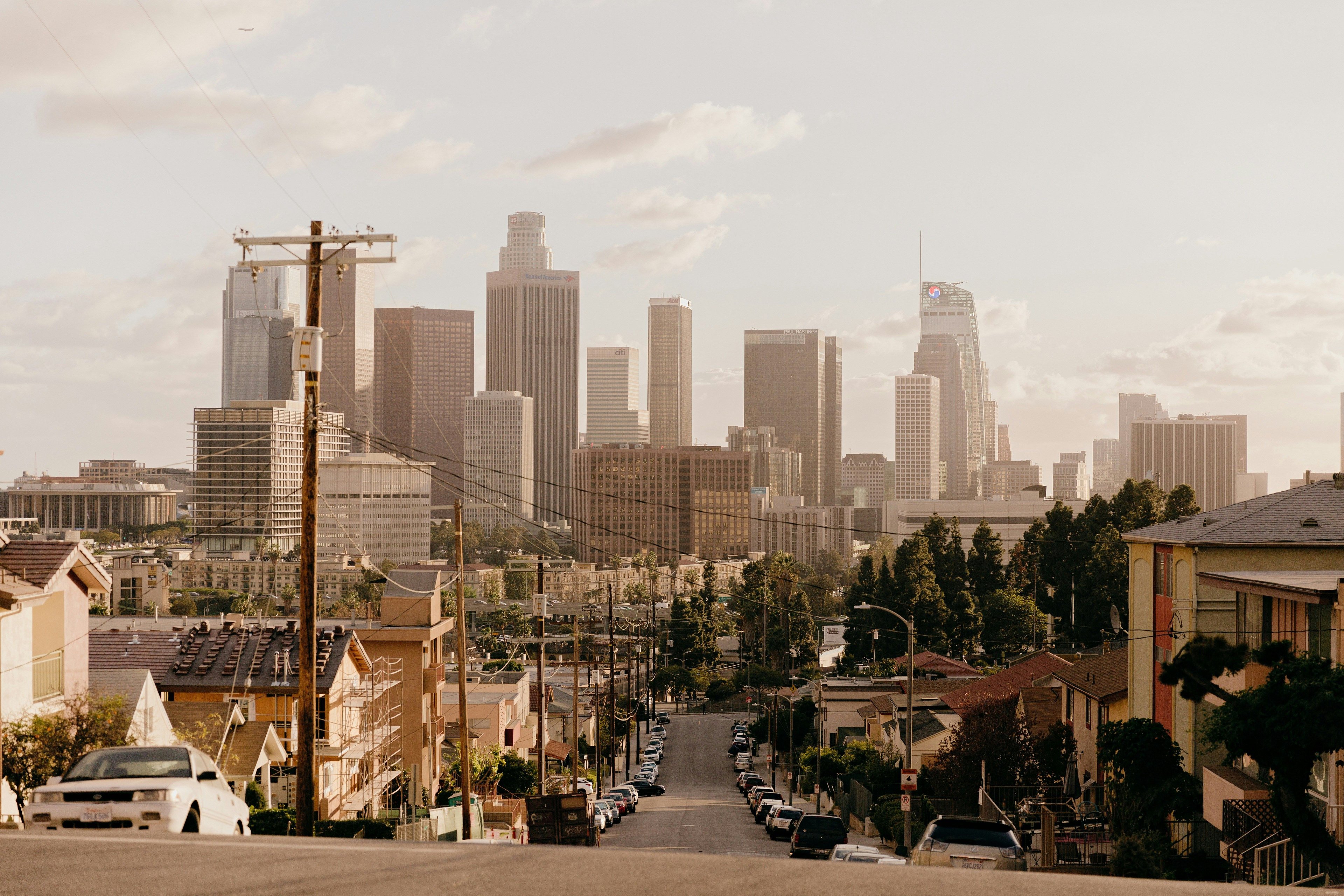
04/03/2026
Royal Air Maroc will be the only African carrier to launch flights to the US
Copy link

Ewelina Winiarczyk
11 February 2026

Dubai – a city full of glamour, impressive skyscrapers and desert landscapes, is often associated with modernity, grandeur and safety. However, is this metropolis, built on the shores of the Persian Gulf, completely immune to the forces of nature? One question in particular is worth asking: are there earthquakes in Dubai? In this article, we will take a closer look at this issue, analyzing earthquakes in Dubai, the seismic risk in Dubai, and how the city deals with potential threats.
Let's start with the key question: are there earthquakes in Dubai? The answer is yes, although they are neither frequent nor dangerous. Dubai, located in the United Arab Emirates, lies in the stable geological area of the Arabian Peninsula. The region is not directly located at the junction of tectonic plates, such as those in the Pacific Ring of Fire or the Mediterranean region, where earthquakes are common and strong. However, earthquakes in the United Arab Emirates cannot be completely ruled out.
The UAE is located relatively close to the seismically active boundary between the Arabian and Eurasian plates, especially near the Zagros fault in Iran. It is this activity in the region that can cause earthquakes in the UAE, although they are usually weak and harmless. In the past, Dubai has experienced several minor earthquakes that did not cause any damage.
For example, in 2008, residents of the city felt slight tremors after an earthquake measuring 6.1 on the Richter scale, with its epicenter in Iran, about 200 kilometers from Dubai. Similar phenomena also occurred in 2013 and 2020, but each time they were minor tremors. What are earthquakes like in Dubai? They are usually low-magnitude tremors, felt mainly in tall buildings, where the vibrations are more noticeable.
Not sure when is the best time to fly to Dubai? Check out the article and book the perfect date for you! At Two Continents, you'll find lots of cool attractions and cheap accommodation – all in one place!
Although Dubai has a low seismic risk compared to countries such as Japan, Turkey, or Chile, this does not mean that the city is completely free from earthquake hazards. Earthquake hazard zones in Dubai mainly include areas that may feel the effects of tremors from neighboring regions such as Iran and Oman.
Dubai is known for its impressive skyscrapers, including the record-breaking Burj Khalifa. These types of structures are more susceptible to vibrations, even with weaker tremors. Although most of them were built in accordance with modern building standards, a stronger earthquake could cause damage to facades, windows, or internal systems.
Dubai is a bustling city, full of residents and tourists. In the event of even a moderate earthquake, crowded areas such as Dubai Marina or the city center could become chaotic, making evacuation difficult.
Many areas of Dubai, especially those that are artificially created, such as the Palm Islands, may be vulnerable to so-called liquefaction. This phenomenon, in which the ground loses its load-bearing properties as a result of vibrations, can lead to serious damage to the foundations of buildings and infrastructure.
Although unlikely, earthquakes in the Persian Gulf region could generate tsunami waves. Due to Dubai's extensive coastline, the city could theoretically be vulnerable to such an event, although the risk is very low.
Natural disasters in Dubai are not limited to earthquakes. The city also experiences sandstorms, extreme heat, and, most recently, in April 2024, severe flooding. Nevertheless, it is the possibility of earthquakes in the region that is of particular interest to scientists monitoring seismic activity in neighboring countries.
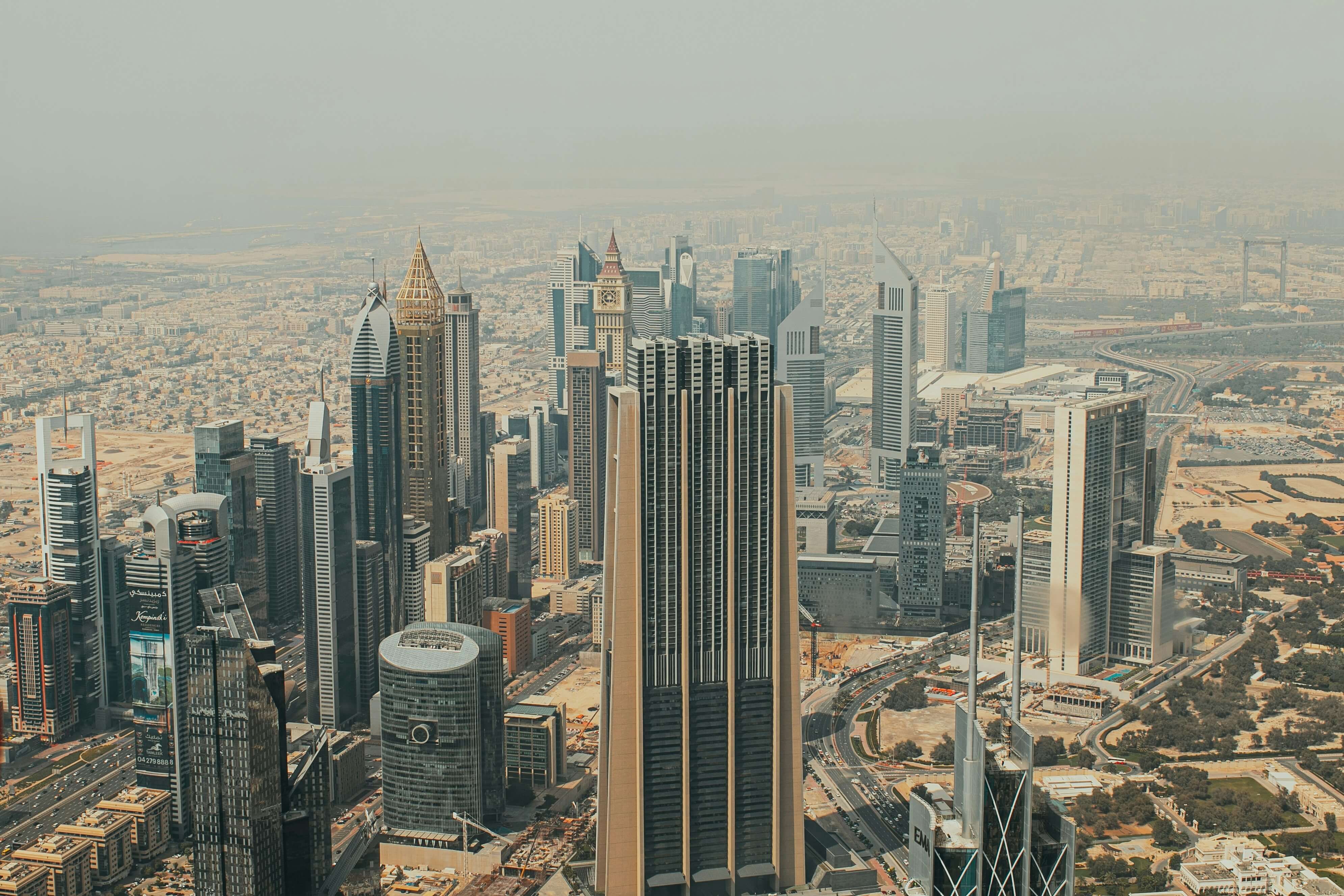
As one of the world's key business and tourism hubs, Dubai is constantly investing in advanced technologies and systems designed to mitigate the effects of potential natural hazards. Earthquake protection in Dubai is based on several key pillars:
1. Modern building regulations
Dubai has strict construction standards that take into account the possibility of seismic activity. All new buildings, especially skyscrapers, must comply with international standards such as the International Building Code (IBC). The solutions used include:
For example, the Burj Khalifa was designed to be earthquake-resistant and undergoes regular safety tests.
2. Seismic early warning system
The UAE conducts intensive monitoring of seismic activity in cooperation with international institutions. An extensive network of sensors in the Persian Gulf region enables rapid detection of vibrations and appropriate preventive measures. Although the risk in Dubai is low, this system plays a key role in ensuring safety.
3. Education and public awareness
The city authorities are conducting educational activities to prepare residents for possible earthquakes. Recommendations include:
4. Development of disaster-resilient infrastructure
In response to extreme weather events, such as the floods of April 2024, Dubai is investing in the expansion and modernization of its drainage systems. Such measures increase the overall resilience of infrastructure, including in the context of seismic risk, such as soil liquefaction.
5. International cooperation
The United Arab Emirates is drawing on the experience of countries that have been dealing with earthquakes for years, including Japan and the US. This cooperation allows Dubai to implement the latest technologies and seismic risk management strategies.
As in previous years, the situation with earthquakes in Dubai has not changed, and the risk of an earthquake occurring in Dubai is still negligible. The only threat comes from seismic activity in neighbouring countries, which, thanks to the highest safety standards, will not affect the city anyway. So there is no need to worry, just book your trip to Dubai!
1. What is the risk of earthquakes in Dubai?
Dubai is located in the geologically stable Arabian Peninsula, which means that the risk of earthquakes is relatively low. However, mild tremors originating from seismically active regions such as Iran may occasionally be felt, although they do not usually cause any damage.
2. Is Dubai located in a seismic zone?
Dubai is not located in an active seismic zone, as it lies on the stable Arabian Plate, far from major tectonic boundaries. However, the city may experience weak aftershocks originating from nearby regions, such as the Zagros Fault in Iran. The risk of serious earthquakes remains minimal.
3. Is Dubai prone to strong earthquakes?
Dubai is not prone to strong earthquakes as it is located in the geologically stable Arabian Peninsula, far from active tectonic zones.
See other news

04/03/2026
Royal Air Maroc will be the only African carrier to launch flights to the US

03/03/2026
Leo Express launches services from Krakow to Warsaw
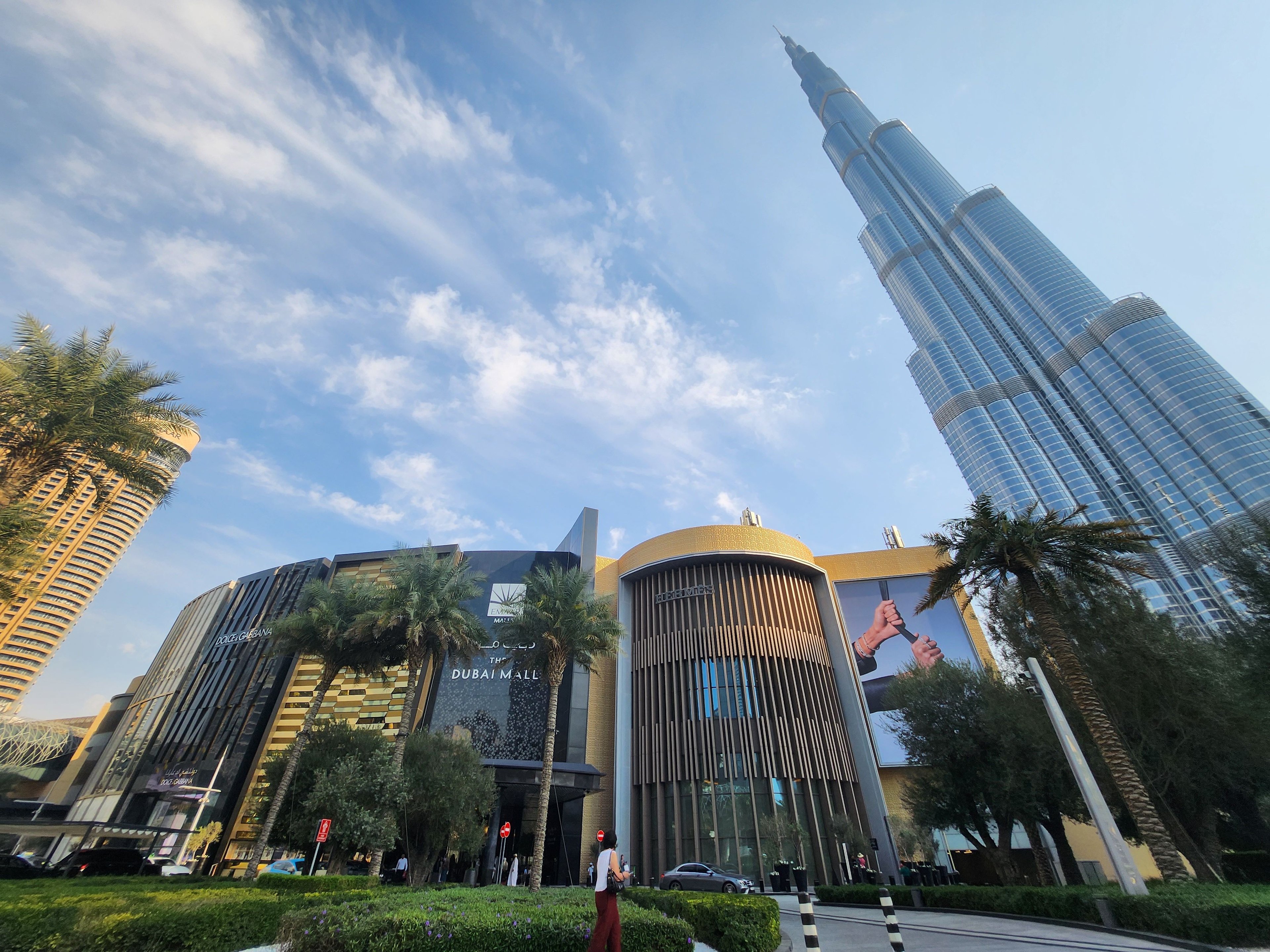
01/03/2026
Dubai Mall – area
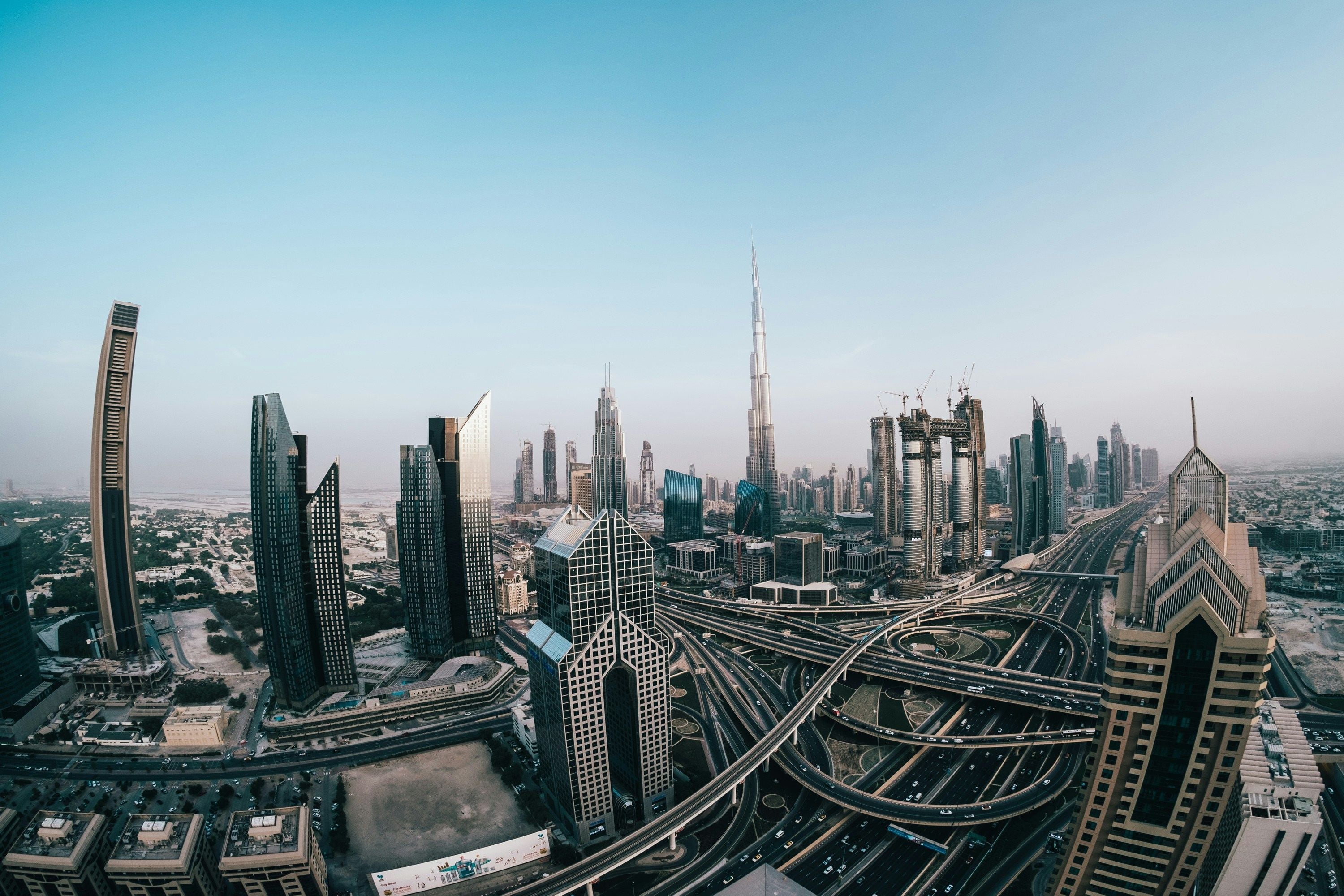
01/03/2026
Burj Khalifa – which floor to go to?
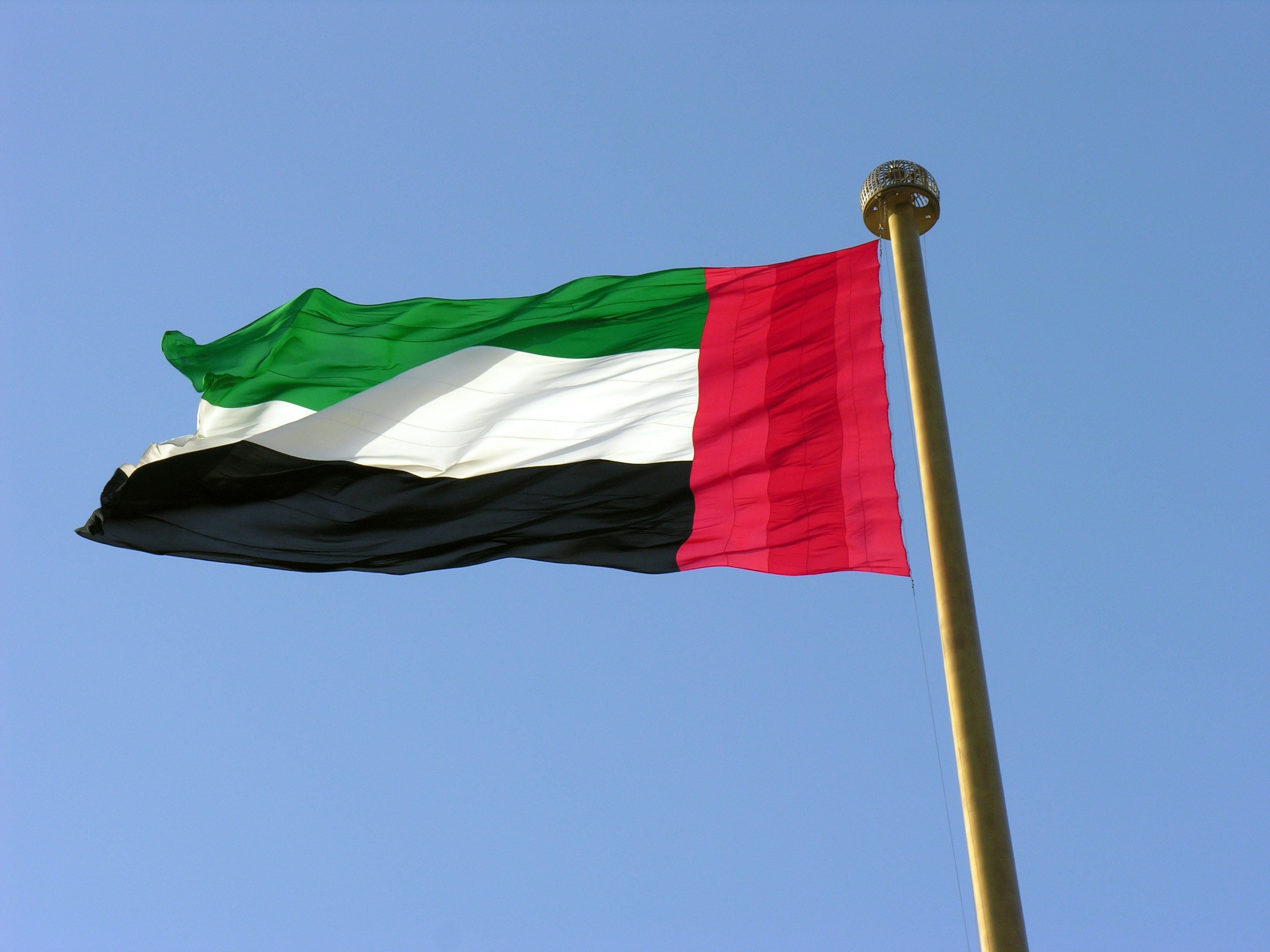
01/03/2026
United Arab Emirates - a guide for tourists
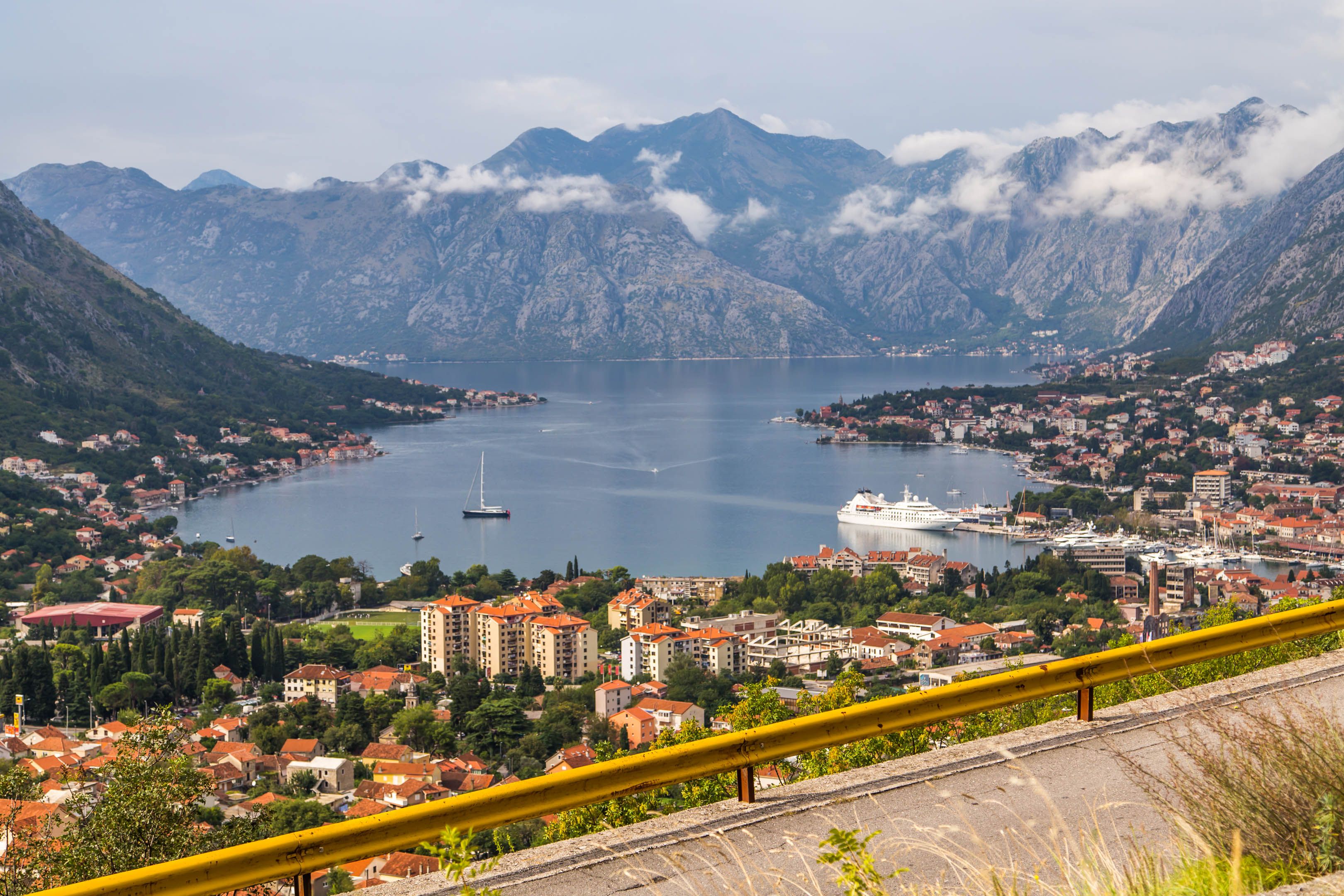
28/02/2026
No more expensive internet in the Balkans? EU roaming on the way!
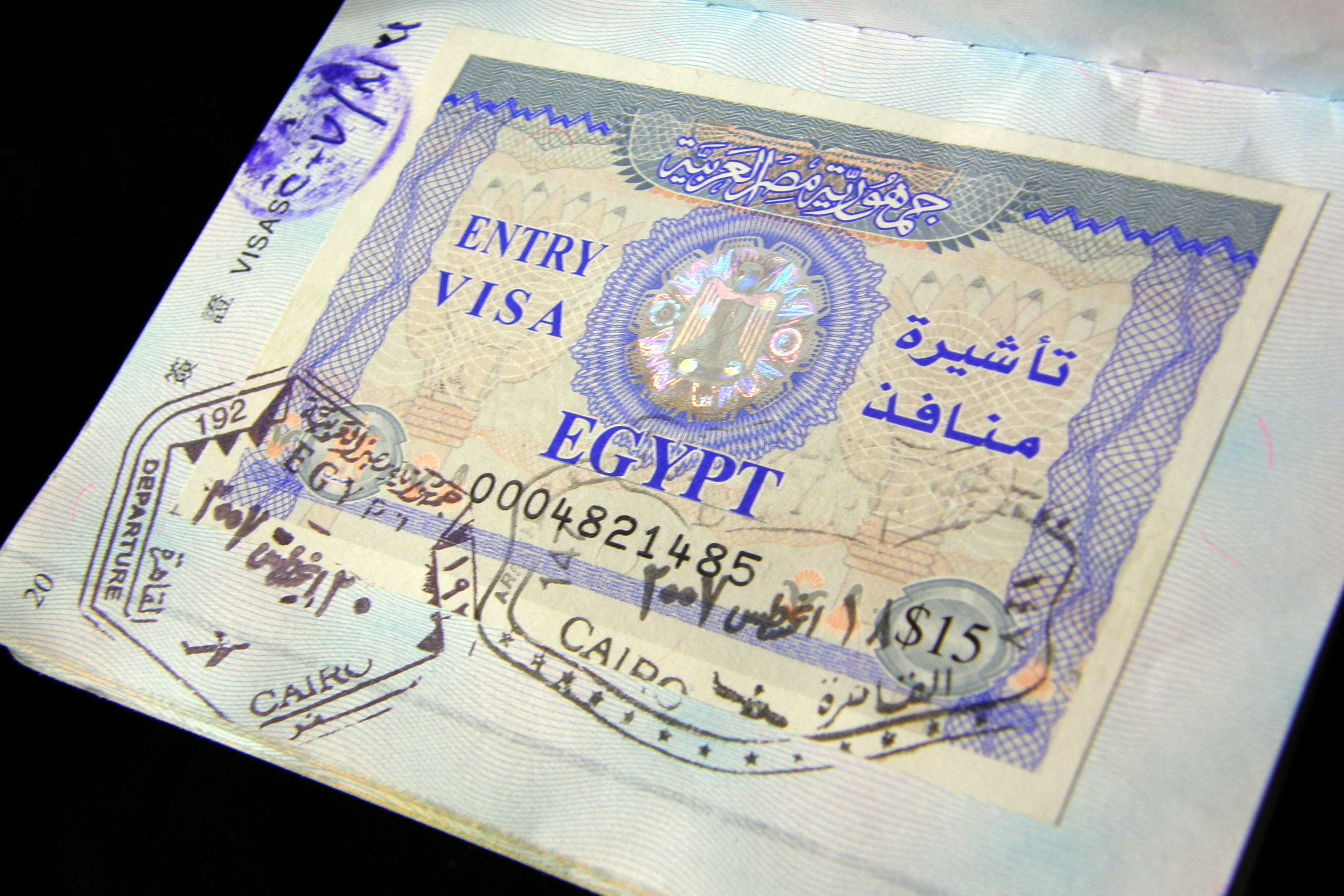
28/02/2026
From March visas to Egypt will be $5 more expensive
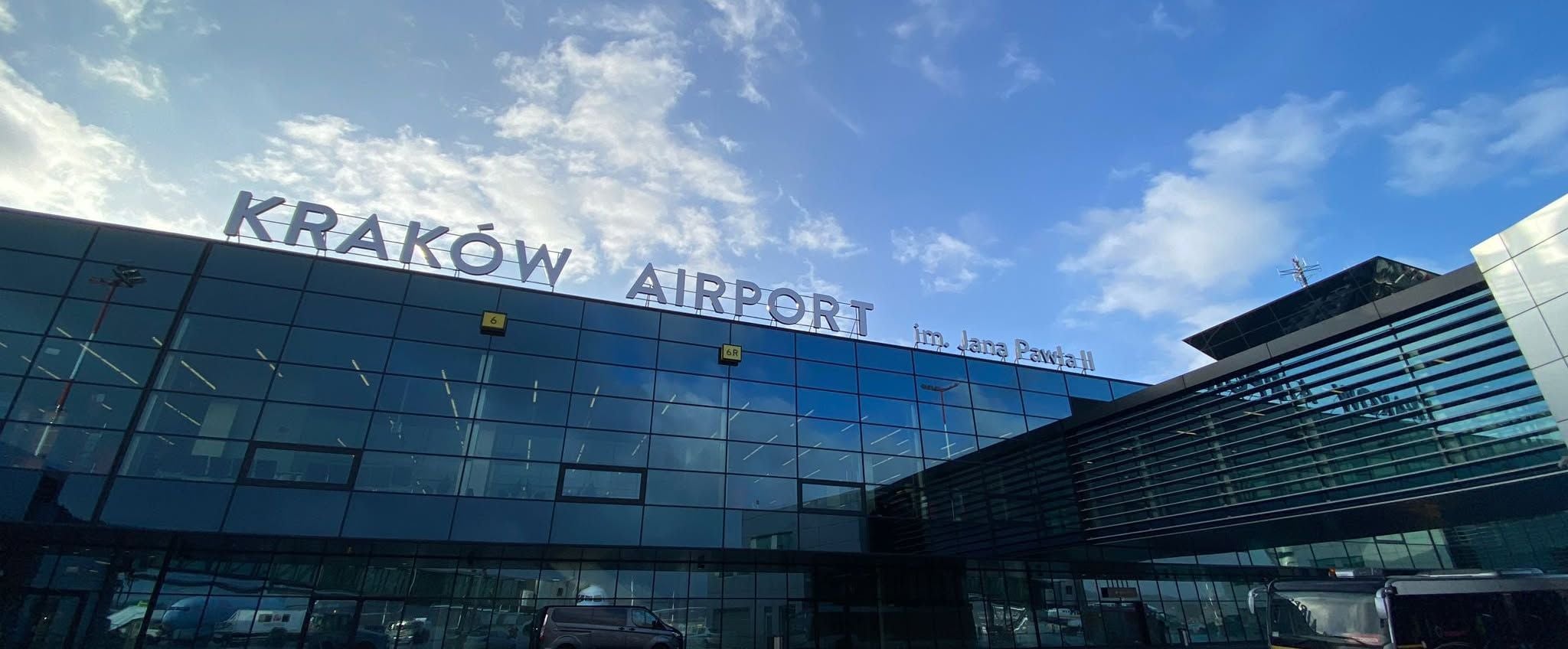
28/02/2026
Krakow finally obtains environmental approval for the construction of a new runway
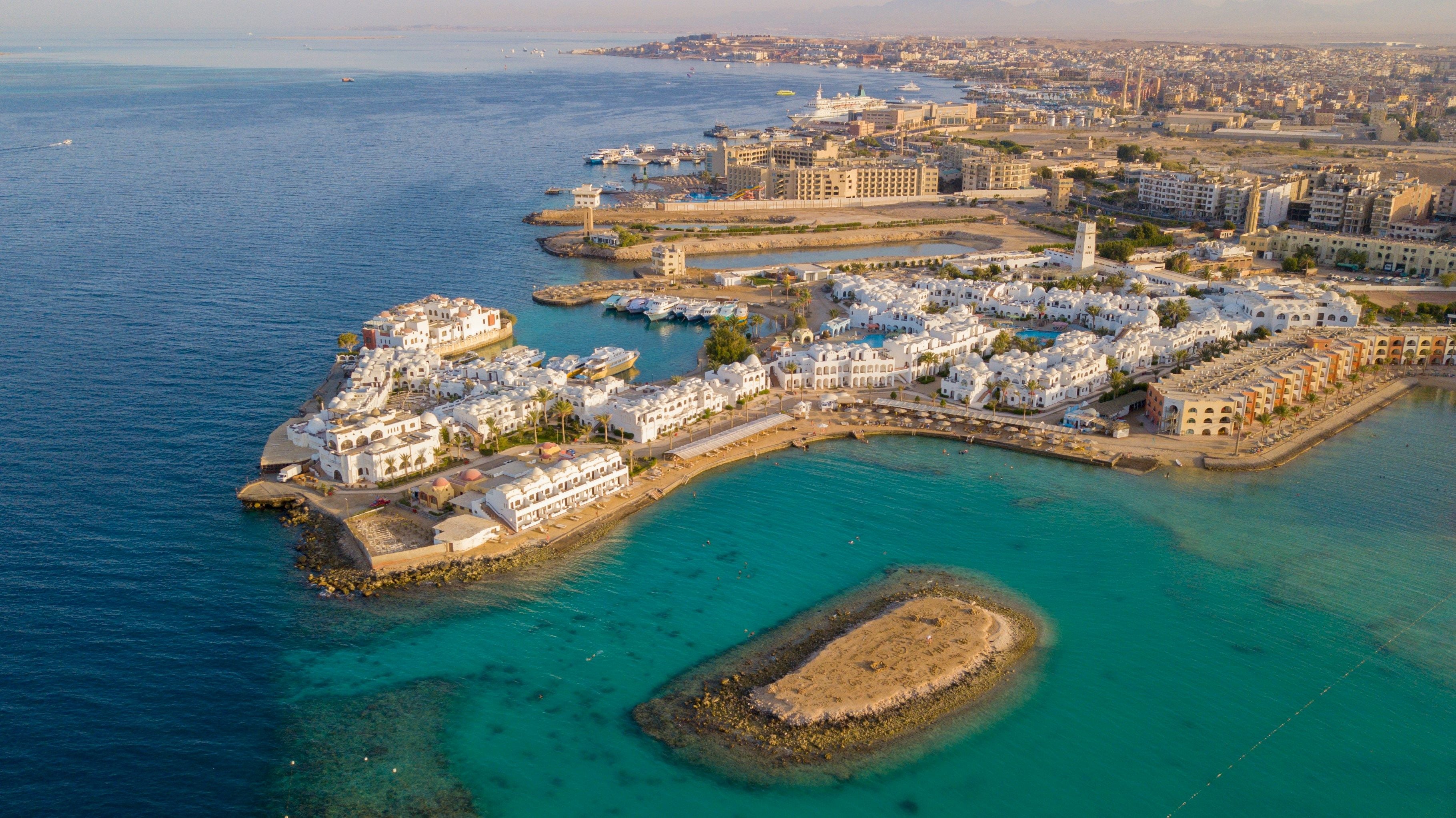
28/02/2026
Corendon Airlines will fly from Warsaw and Katowice to Hurghada
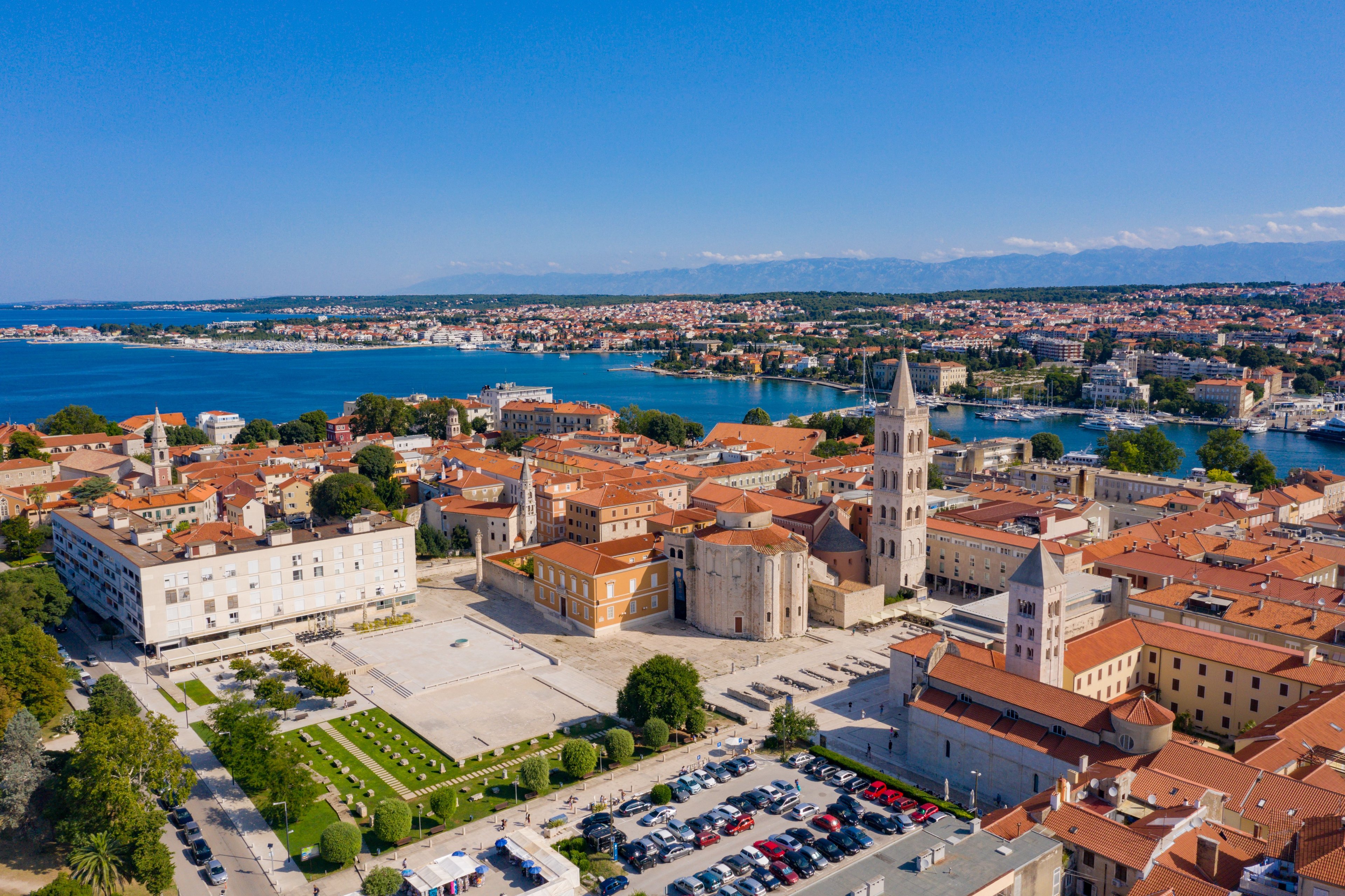
28/02/2026
Wizz Air has announced the launch of a new route from Warsaw to Zadar